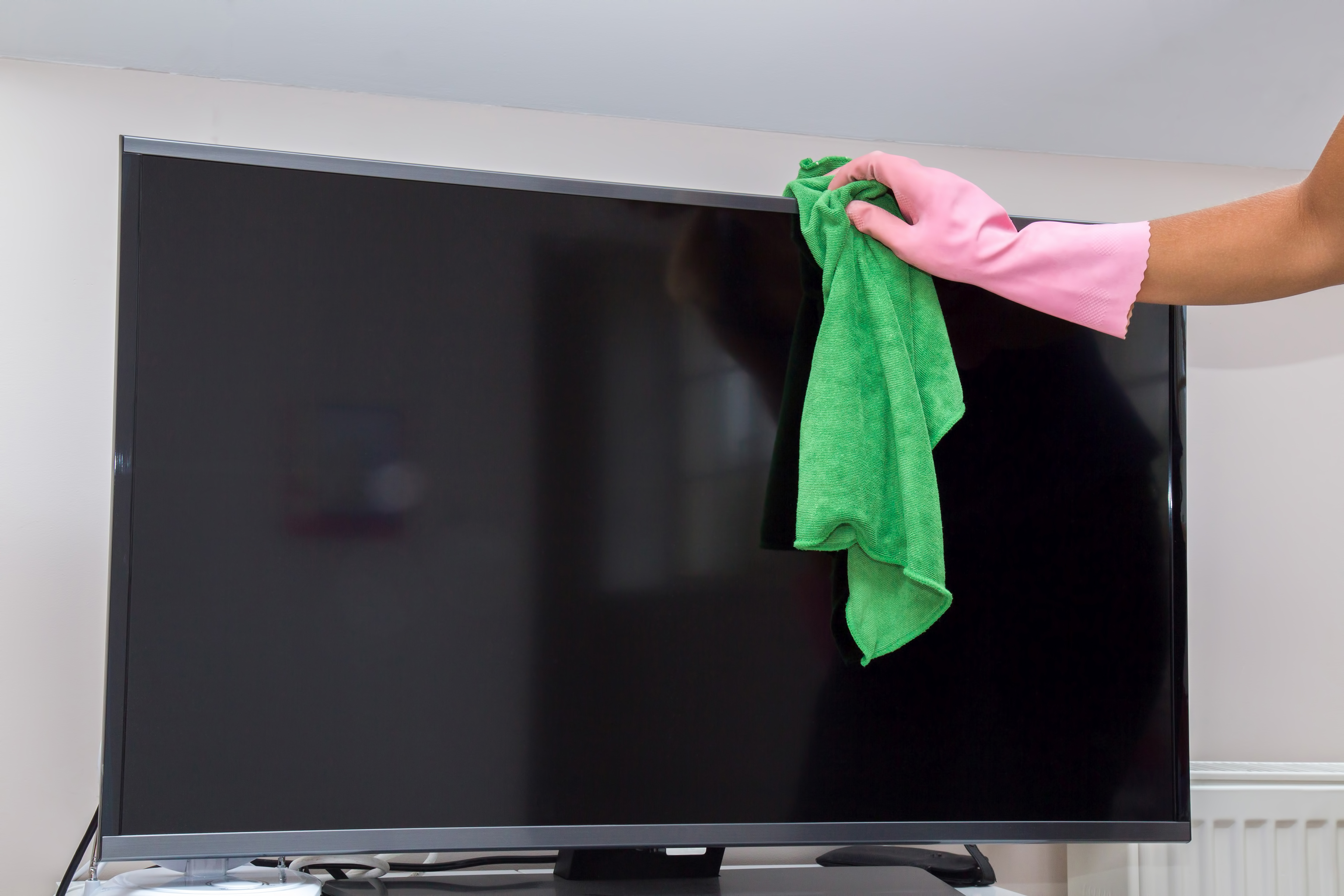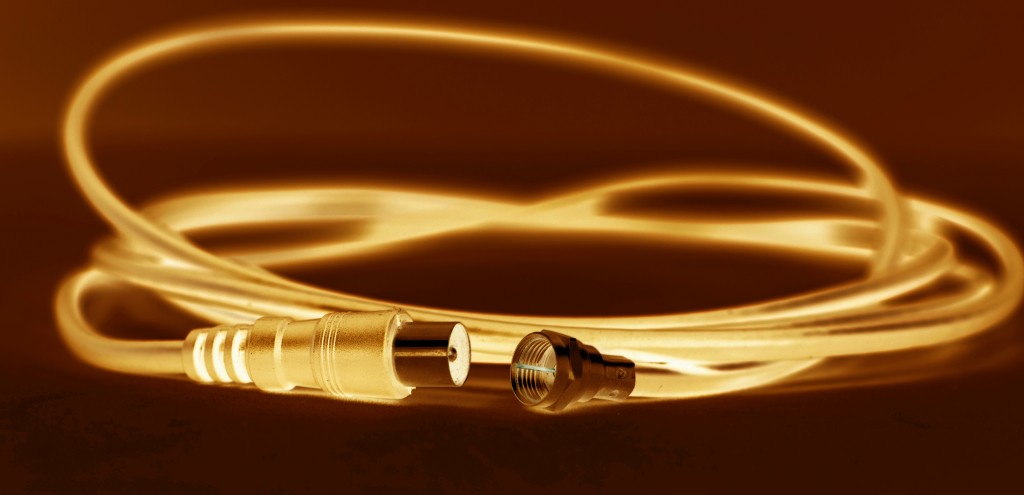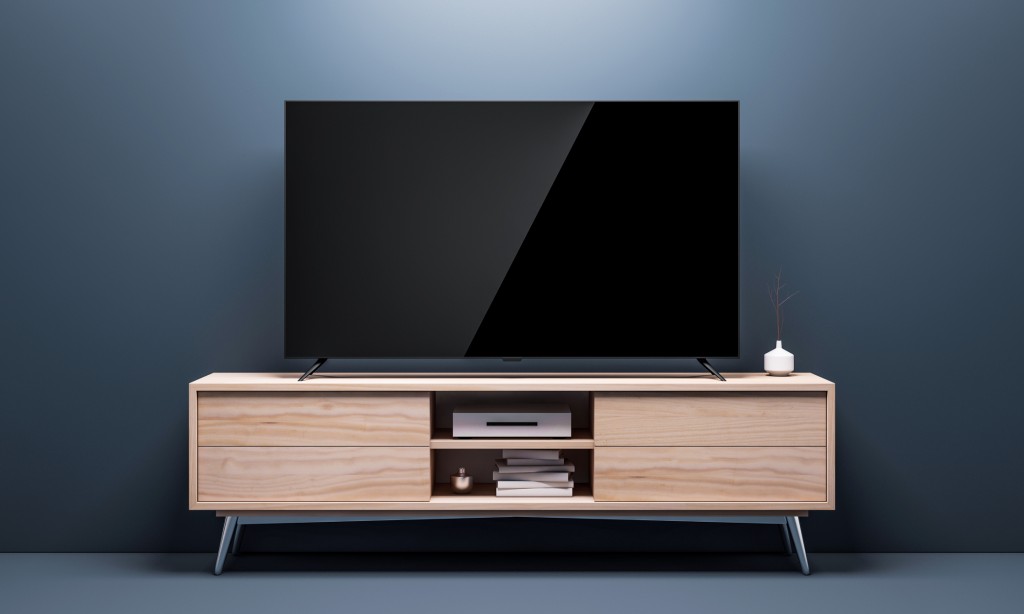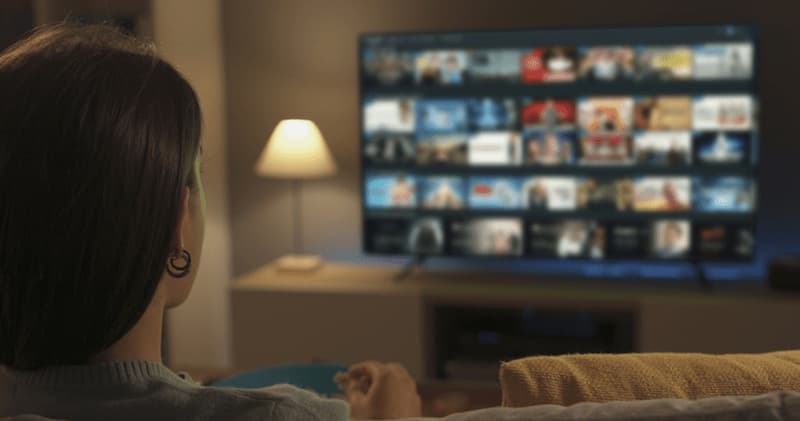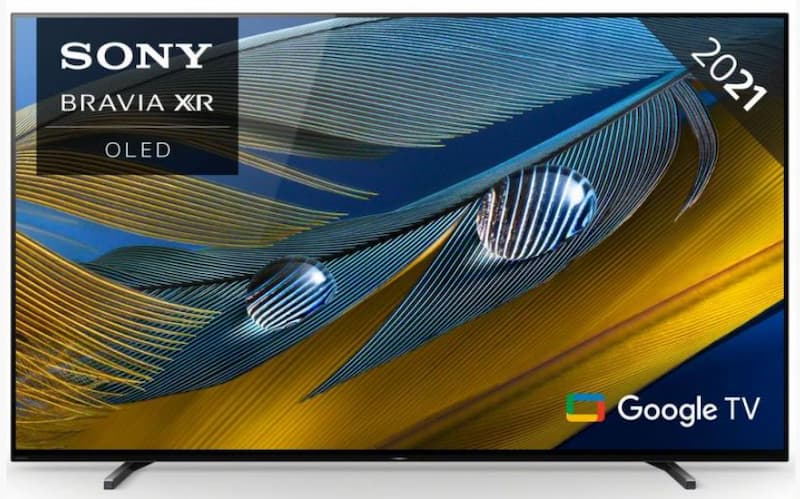You have just invested in the TV of your dreams – it has all the features you need, the picture quality is fantastic and the price is even better, which all means that you really want to protect your TV from the future as best you can. In this article, you can learn all about the do’s and don’t’s of TV care and maintenance so that yours will last for years to come.
Attracting Dust
When you turn your TV off, the first thing you notice is that you are no longer watching your favourite show or film, but the second thing you might notice is that your screen is filthy with dust and various other effects such as finger smudges and the occasional sneeze here and there. Dust is known to be able to conduct electricity which is one reason why you should probably clear it away from your television.
If conductive dust builds up on the back of your TV, it could get into the casing and affect the circuits. The worst-case scenario is that it causes a short circuit – this is an issue which can take years of dust build-up to form, but nonetheless is an issue that you could help to prevent by preventing excessive build-up from occurring in the first place.
In the short term, a bit of dirt is unlikely to cause much harm to your television, but we can all agree that it doesn’t look great when your set is turned off, and it is probably affecting your image quality – although less perceptibly – whilst the device is on. This means that you should take precautions to clean your screen and casing every now and then.
Cleaning Your Screen
Improper cleaning of your screen can lead to you causing damage if you fail to use the proper tools. Using any old rag, for example, could cause scratches on the screen. For the best results, you should aim to use a micro-fibre rag as shown in the video below:
For pervasive dirt, you may wish to lightly wet the rag or even use a little white vinegar. Never spray the screen directly, always lightly spray into the rag. Doing this will ensure that you avoid any drips from slipping into the casing of your TV.
Looking After Your Cables
One issue that often goes overlooked it the treatment of cables. They’re often easier to replace if something goes wrong, but it’s a hassle that you don’t want to add to your chores at the end of the day. Looking after your cables properly can extend the life of your TV as well as helping your TV space to look tidy and cared for.
When tidying your cables or moving your TV, you want to ensure that no cables is being kept or forced into harsh angles. Forceful bending of your cables will reduce their lifespan and could cause damage to the internal wires.
When arranging those wires behind your TV, you should loop any excess length out of sight and keep it secure with a cable tie. By reducing the excess length, you are reducing the chance of those wires from getting tangled and also stopping them from becoming a trip hazard.
You should avoid allowing your cables from becoming trip hazards at all costs because firstly, it’s dangerous for you, your family or guests, but secondly, it’s also dangerous for your television. Tripping over a cable usually results in the forceful wrenching of a cable out from a socket in your TV. This is likely to cause damage to the socket, meaning that it might stop working in the future. Depending on what the cable is used for, this could render your TV useless if it’s the power cable, or it could present a very annoying problem if you damage an HDMI port.
Playing It Cool
Keeping your TV cool is also important. If possible, you should avoid placing your TV in a place where it will frequently be in direct sunlight because you could end up frying the circuit. Keeping your TV off when it’s not in use is also important if you want to avoid screen burn which happens when a static image is left on your television for too long. If you want to keep your TV functioning for as long as possible, then you should aim to keep it cool by avoiding screen burn and keeping it away from direct sunlight.
Surge Protector
In the event of a storm or a power cut, you might be thankful that you’ve kept your most expensive electrical items such as your computer and television connected to your mains via a surge protector.
Average TV Lifespan
Although doing the above will keep you TV fresh, it’s important to stay realistic and respect that TVs have their own lifespan. Most modern televisions have a lifespan of between 60,000 and 100,000 hours when kept in the correct conditions. With the proper care, your TV could last a lifetime, although there are some elements which might be out of your control, such as keeping a stable room temperature all year round.
We hope that next time you are surfing the net for cheap TVs that you will be doing so for an upgrade, rather than because your previous TV has suffered from one of the issues mentioned above. We are interested in the cutting edge of TV technology, so the next time you want to learn about the differences of 4K and 8K, or how to clean your new TV, talk to us first.
